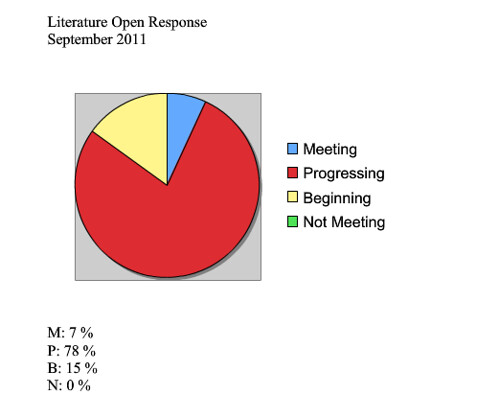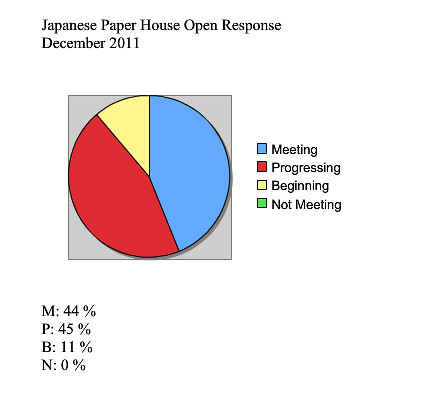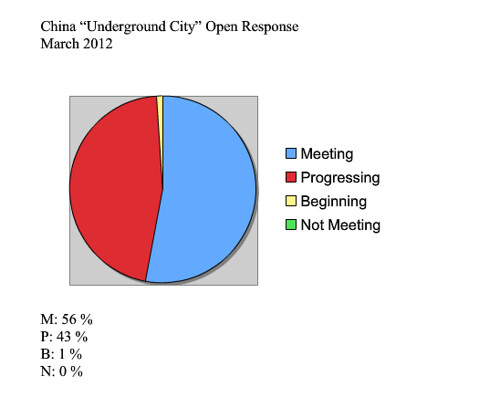I’m going to try to pull a few different strands together here …
PART ONE
The other day, I was invited to present at a school district to the north of me. My focus was on the expanding definition of literacy and how the four strands of English Language Arts (writing, reading, speaking and listening) remain the center of the new Common Core standards (which our state has adopted and adapted) and the concept of 21st Century Skills (re:technology). The district wanted me to focus on how I nurture and value writing in my own sixth grade classroom. I began the session with what I thought might be a good opening — I asked the crowd of about 45 teachers (mostly 4/5/6 classroom teachers) what their philosophy around the teaching of writing is.
I was not ready for the silence.
You could hear a pin drop.
I am not sure if my question was unfair to them at that point in the session or whether they have not really had the time to sit down and think about this issue, and articulate a philosophy. I don’t want to make any judgments. They were an attentive group of educators, with lots of questions and insights as the day moved along. They were very engaged, and they wanted to be there. (Sometimes, that is not the case). But I keep thinking back to my question and the lack of response, and what it might mean in a larger picture.
I did try to articulate my own philosophy around writing and literacy in the session. Here is what I share with parents and students, and which is part of my classroom curriculum website:
- The act of writing is an important way for students to learn by processing their ideas into coherent and organized form;
- Writing should be done across various curriculum areas and not be taught in isolation;
- Students should write for various audiences; At times, they may write just for themselves, for the classroom or, sometimes, for the world;
- Technology can be a useful tool for composing various forms of writing and media, including audio podcasts and video;
- Writing should be authentic and allow students to make connections between school and the world outside of school;
- Artistic elements and the concept of design play a role in the way that young people compose writing and other media;
- Reading quality books and stories of various genres provide an insight into the writing process and allow students to reflect, connect and utilize critical thinking skills;
- All students can succeed and improve as writers and readers and composers of multimedia.
PART TWO
A day or two later, I picked up my latest edition of Voices from the Middle journal from the National Council of Teachers of English. The theme of the March 2012 edition is “Preparing our Student as Writers.” This is right up my alley! But something struck me in the introduction by the editors (Diane Lapp, Doug Fisher, and Nancy Frey). They note the results of a survey they administered to about 120 practicing teachers in summer courses they taught.
The teachers were asked questions such as how they define themselves as writers and do they like writing and teaching writing?
“The majority reported they did not enjoy writing, did not believe they were good writers, and did not believe they were well-prepared to teach writing.” (p. 8 )
Yikes!
Is that just a fluke of the teachers in their programs or is that an indication of something larger among teachers?
PART THREE
This brings me to two personal observations.
First, most of the readers here know that I am part of and a strong advocate of the National Writing Project, which is built on the premises of teachers as writers, and writing to learn. Now, more than ever, as many states make the shift to standards that have writing and research and analysis at the center of classroom instruction, organizations like the NWP that support and nurture teachers as writers, and allow for reflection for how to bring those skills into the classroom, are more important.
And more in danger than ever, too.
The NWP lost all of its federal support a few months ago during budget cuts, but recently, it received some back through the federal SEED initiative. Teachers need support networks and places to share expertise and learn from each other.
Second, I began thinking of the Slice of Life challenge that has been going on this month over at Two Writing Teachers. Each day, more than 100 educators are now writing, and sharing, and commenting, and creating a writing community. Some days, the numbers reach nearly 200 posts, plus countless comments that writers are leaving for each other.
This is a huge jump from other years of Slice of Life, and it shows how technology can transform writing practices for teachers. Ruth and Stacey, the wonderful overseers of ideas at Two Writing Teachers, have really nurtured a lot of teachers who sometimes express in their posts their fear of writing in a public space coupled with a desire to see themselves as writers, if not just for themselves then for their students. They are diving in with Slice of Life, and hopefully, they are experiencing something transformative.
Teachers, as well as young writers, need places to be nurtured as writers. Formal organizations like NWP and informal networks like Two Writing Teachers and countless more that are out there in the world are making a difference. If you have been on the outside looking in, come join us with your own writing and then reflect on how that experience as a writer might shape or reshape your own teaching instruction with your students. Writing is more than writing for the classroom. Writing is about making sense of your world.
Peace (on the soapbox),
Kevin







